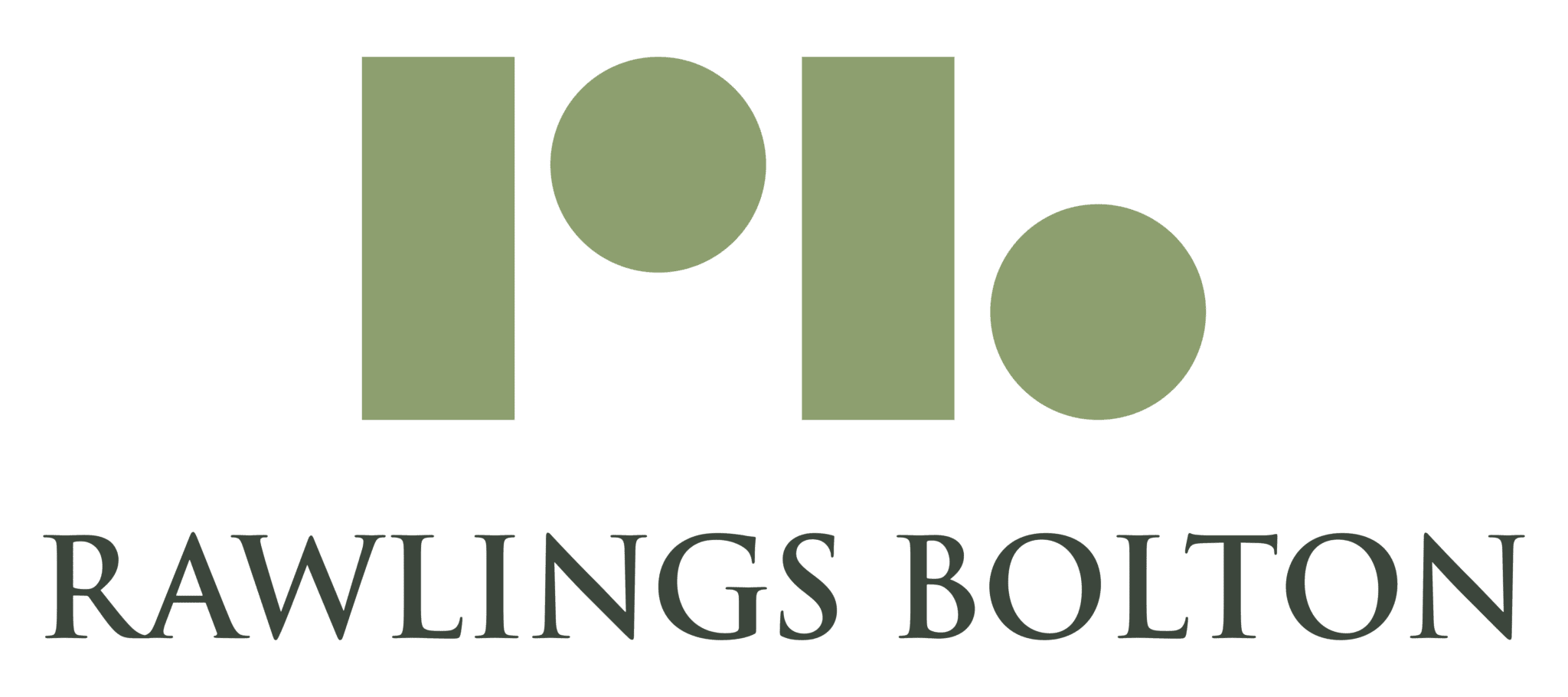In the past week, I have had the privilege of engaging with two distinctive family offices. Both favoured a wealth-building strategy rooted in commercial property investments. The family founders, aged between 75 plus, ardently believe in the value of real estate as a tangible asset. This approach has proven successful historically. However, as the baton passes to the next generation, it is vital to consider the potential limitations of focusing solely on property investments for the long term. In this thought leadership piece, we delve into five core arguments against this strategy after the founder’s departure or demise.
1. The Case for Diversification:
Property investments can generate a consistent revenue stream and potential capital appreciation. However, depending only on this asset class exposes the family office to concentration risk. Neglecting diversification across various asset classes, such as stocks, bonds, or alternative investments, means missing out on potential portfolio growth opportunities. A diversified portfolio helps mitigate risk and secure returns from different market cycles, thereby reducing vulnerability to single-sector fluctuations.
2. Changing Market Dynamics:
The property market is not immune to external factors that can profoundly impact its performance. Economic downturns, regulatory changes, consumer demand shifts, or technological advancements can all influence the value and return from real estate. Guided by a more data-driven approach, the next generation might be better equipped to identify emerging trends and realign the family office’s investment strategy. By embracing a broader asset class spectrum, the portfolio will be better positioned to navigate the ever-evolving market dynamics.
3. Professional Expertise:
The family founders, with their keen instincts and years of experience, have likely developed a deep proficiency in the property market. However, the higher likelihood is that the next generation may lack the same fluency or expertise. Enlisting professional advisors who specialise in diverse asset classes can lend valuable insights and uncover opportunities across the risk/return spectrum. Such experts can contribute a disciplined investment approach, ensuring a comprehensive analysis of potential investments, ultimately bolstering the family office’s decision-making process. This approach should be done through the selection of either a formal board, advisory board or investment committee.
4. Liquidity Considerations:
Property investments, particularly commercial real estate, often demand extended holding periods and offer limited liquidity. Unlike shares, bonds, or listed hybrids, which are easily tradable, selling a property involves significant time, effort, and is influenced by market conditions. Though this asset class might have suited the original family members as a real estate counterbalance for their operating assets/businesses, the next generation may seek investments offering higher liquidity and quicker responses to market fluctuations or family needs. A diversification into more liquid assets can enable greater flexibility in wealth management and readily seize opportunities.
5. Evolving Investor Preferences:
The contemporary investment landscape is dynamic, with investors, including the next generation, increasingly seeking opportunities aligning with their values and interests. A narrow focus on property investments may not resonate with future investors, who might prioritise sustainable investments, impact-driven pursuits, or budding industries. By expanding the investment scope to encompass alternative assets, the family office can meet evolving investor expectations, possibly unlocking new growth opportunities within the family unit. This strategy should ideally be documented in a formal Investment Policy for the family, facilitating the conveyance of both wealth and wisdom across generations. We refer to this ethically sound, growth-oriented practice as Good Capital.
Conclusion:
While the family founders’ success in property investments is commendable and historically successful, it is pertinent to ponder over the long-term implications of centering exclusively on real estate for upcoming generations. Considerations like diversification, adapting to market dynamics, professional expertise, liquidity, and evolving investor preferences play crucial roles. By adopting a more well-rounded investing approach, the family office can ensure a resilient and sustainable investment strategy that reflects changing times and paves the way for continuous prosperity, even after the founder’s departure or demise. We label this philosophy Good Capital and are eager to assist in fortifying and enhancing your wealth.


